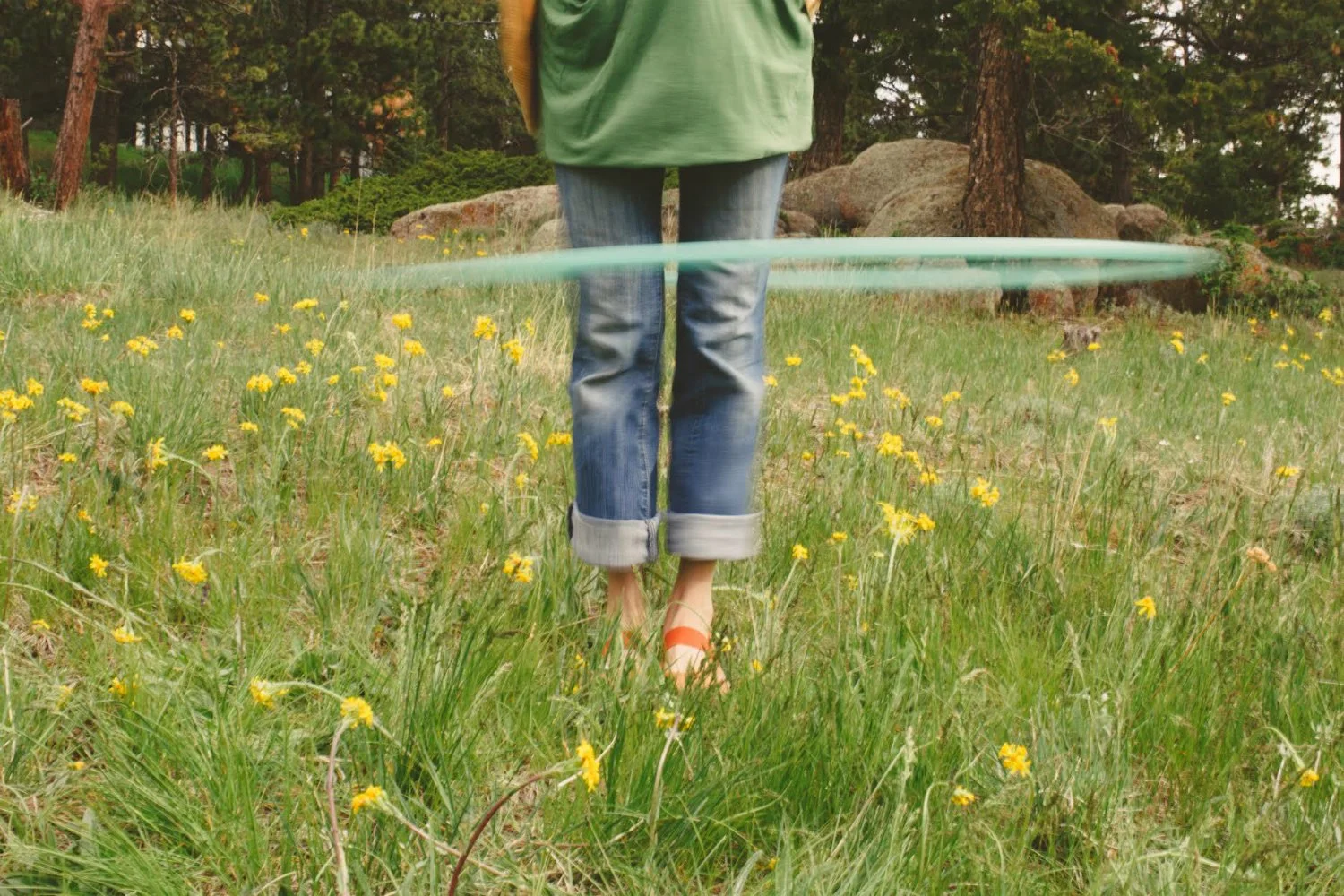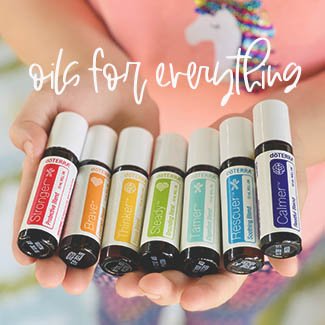It's been 2 weeks since we committed to the Compact, and the topic of contentment has really been on my mind. It's no wonder that so many of us struggle with it. As a nation, there is discontentment around every turn. We are constantly looking for a bigger house, a better car, a more exciting job...we are told every day by advertisers that we NEED all of those things...or we will be LESS than everyone else. Less successful. Less pretty. Less desirable. Have you ever paid close attention to those feelings that are created when you are looking at advertising or at something in a store? They are not happy thoughts. Thoughts of wanting, needing...the feeling that you are somehow deprived of the true joy in life if you don't act now. When I go into a store, I am now acutely aware of those feelings...because I cannot act upon them. I look at an item, and then I stop and examine the thoughts running through my head. Pretty crazy stuff.
I've been trying to eliminate all sources of advertising in our lives over the last year or so...and it's been an eye-opening experiment. I knew that the obvious offender was the TV. But the others are not so easily detected. What about advertisements in magazines? What about the magazines themselves? Looking through magazines like Country Home, Real Simple, and others...I see so many things that I WANT. Oh the goodies! What about magazines like Health or Self? Looking at the women in those magazines will only create discontentment with your body. Now take a look in your mailbox...Crate and Barrel...J.Crew. More WANTS. Look in your email inbox. You will see passionate pleas for your to open their message. Sales! Buy now...before it's too late! The Sunday newspaper sales ads...full of STUFF to buy. Billboards that scream at you as you drive. And the most stealthy method of all...your friends. When you go to their house and see that they have something that is sooooo cool, you want it too. Even if you don't need it. I experienced this just yesterday. I was at a girlfriend's house. She has a rug that I was looking at buying a couple months ago, but decided against it. And even though I have a perfectly great rug now... for a moment, I thought that I needed that same rug because she had it.
As silly as it sounds, and as "strong" as you think you might be...it's so easy to get sucked in by all of these things. You may not act on your "wanting" impulses right away, but it's those feelings that just pile on top of one another, creating discontentment and desire, and pretty soon you're buying a McMansion and filling it with goodies from Pottery Barn.
The mall is another temple of wants that I try to avoid at all costs. The term "window shopping" is really quite silly. They should just call it "driving myself crazy by making myself want things I can't afford". And now they don't just make malls, they make "Lifestyle Centers". Made specially for you to MAINTAIN your lifestyle. They make it hard to leave...with the food, coffee, playgrounds, lakes, trails, movies, colleges (yes, in a mall), you do just want to LIVE there.
For me, contentment is clearly a spiritual issue. In the past, whenever I have gone on a spending binge, it has been during a spiritual dry spell. I also tend to spend a lot more when Matt on a trip and I am lonely. I spend to fill a void in my life...to feel "happy". That void should be filled with my relationship with Christ, not with stuff. But for some reason, buying stuff (even just a fancy coffee) changes my reality at that moment, but it's a temporary fix.
I like what Joyce Meyers has to say about this topic:
Contentment is a decision to be happy with what you already have. One dictionary defines the word content as "rest or quietness of the mind in the present condition; satisfaction which holds the mind in peace, restraining complaining, opposition, or further desire, and often implying a moderate degree of happiness."
We usually learn to be content by living discontented lives for a long time and then finally saying: "Lord, I don't want to live this way any longer. Getting this thing or having that thing is not worth it.
"I don't want to be miserable anymore. Just give me what You want me to have because unless You want me to have it, I don't want it.
"From now on I'm not going to compare myself with anyone else. I'm not going to be jealous or envious of anyone. I don't want what anyone else has. Lord, I want only what You want me to have."
The 2 things that really stick out to me:
- She says that contentment is a DECISION. It does not come naturally. Don't beat yourself up if it's a struggle for you...but you can overcome it.
- "Restraining complaining, opposition, or further desire". Further desire. Sometimes my whole mind is one big desire. I desire to be this, I desire to have this, I desire to be in another place, I desire a bigger or smaller this or that. To be content is to STOP all of those feeling that roam around your brain taking away energy. Energy that could be spent on the NOW. Enjoying your life for what it truly is. It's energy that could be spent getting to know Jesus better.
Here are some verses that speak about contentment. I am going to meditate on these verses and memorize them throughout this year as we take part in the Compact.
Not that I am implying that I was in any personal want, for I have learned how to be content (satisfied to the point where I am not disturbed or disquieted) in whatever state I am.
I know how to be abased and live humbly in straitened circumstances, and I know also how to enjoy plenty and live in abundance. I have learned in any and all circumstances the secret of facing every situation, whether well-fed or going hungry, having a sufficiency and enough to spare or going without and being in want.
I have strength for all things in Christ Who empowers me [I am ready for anything and equal to anything through Him Who infuses inner strength into me; I am self-sufficient in Christ's sufficiency.
Philippians 4:11-13
Don't be obsessed with getting more material things. Be relaxed with what you have. Since God assured us, "I'll never let you down, never walk off and leave you," we can boldly quote,
God is there, ready to help;
I'm fearless no matter what.
Who or what can get to me?
Heb. 13:5, The Message
Better is little with the reverent, worshipful fear of the Lord than great and rich treasure and trouble with it. Better is a dinner of herbs where love is than a fatted ox and hatred with it.
Proverbs 15-16-17
Though the fig tree does not blossom and there is no fruit on the vines, [though] the product of the olive fails and the fields yield no food, though the flock is cut off from the fold and there are no cattle in the stalls, yet I will rejoice in the Lord; I will exult in the [victorious] God of my salvation.
The Lord God is my Strength, my personal bravery, and my invincible army; He makes my feet like hinds' feet and will make me to walk [not to stand still in terror, but to walk] and make [spiritual] progress upon my high places [of trouble, suffering, or responsibility]!
Habakkuk 3:17-19
Wow. Such a complex topic...I feel as if I have hardly touched the surface. But everyday that I resist the urge to buy stuff, I get a little more content with what I already have. Baby steps. Thank you Jesus for being patient with me!
 I've been thinking about trash.
I've been thinking about trash.




